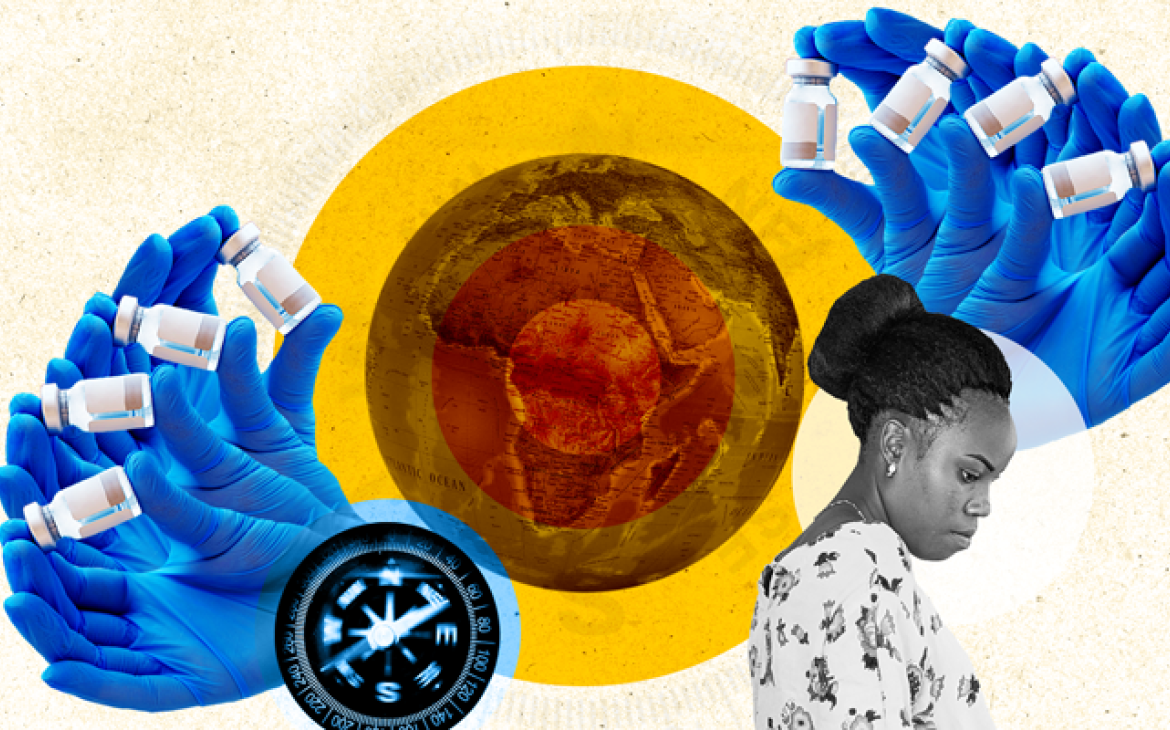
Despite progress in the global fight against the tuberculosis (TB) epidemic, TB kills more people than any other single infectious disease. Today, as we mark World TB Day, we cannot ignore the tremendous human toll of this deadly epidemic. In 2015 alone, there were an estimated 10.4 million new TB cases worldwide and 1.8 million deaths, according to the World Health Organization (WHO).
While most cases of TB can be treated and cured, some of the bacteria that cause TB can develop resistance to the medicines used to fight them, causing multidrug-resistant (MDR) TB – and even extensively drug-resistant (XDR) TB – which can grow and spread. For individual patients, drug-resistant TB means longer and more expensive treatment regimens that can cause serious side effects.
In 2015, the WHO estimated that only about 20% of the 580,000 people newly eligible for MDR-TB treatment were diagnosed and then put on appropriate treatment. The MDR-TB drug market is very fragile with limited suppliers of quality-assured MDR-TB drugs. A public health program – Promoting the Quality of Medicines (PQM) – has been designed and supported by the United States Agency for International Development (USAID) since 2009 and is implemented by the U.S. Pharmacopeia to help developing countries address critical quality challenges related to medications. In an effort to build a market of quality-assured MDR-TB drugs, PQM strategically assists manufacturers to achieve compliance with international standards for good manufacturing practices. With PQM’s technical assistance, between 2009 and 2017, there were 18 approvals obtained by the WHO prequalification program or by other stringent regulatory authorities. With this intervention, access to quality-assured TB drugs has increased significantly.
Recently, PQM was instrumental in increasing the global supply of quality-assured kanamycin – an essential medicine used to treat MDR-TB – while also helping to decrease its cost for public health programs and patients. PQM provided technical assistance to the manufacturer of kanamycin to strengthen its quality assurance systems. The manufacturer is now able to compete for global tenders and supply worldwide. Ultimately this activity has enabled national TB programs and donors to save millions of dollars in public health funding.
These efforts to increase access and reduce costs for urgently needed quality medicines are one important element in the fight against TB. PQM is committed to helping end this deadly epidemic.
To learn more about PQM’s work visit: http://www.usp-pqm.org/


